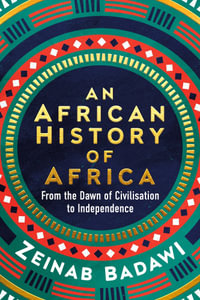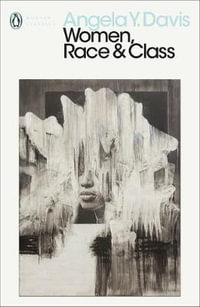Scots were involved in every stage of the slave trade: from captaining slaving ships to auctioning captured Africans in the colonies and hunting down those who escaped from bondage. This book focuses on the Scottish Highlanders who engaged in or benefitted from these crimes against humanity in the Caribbean Islands and Guyana, some reluctantly but many with enthusiasm and without remorse. Their voices are clearly heard in the archives, while in the same sources their victims' stories are silenced reduced to numbers and listed as property. David Alston gives voice not only to these Scots but to enslaved Africans and their descendants to those who reclaimed their freedom, to free women of colour, to the Black Caribs of St Vincent, to house servants, and to children of mixed race who found themselves in the increasingly racist society of Britain in the mid-1800s.As Scots recover and grapple with their past, this vital history lays bare the enormous wealth generated in the Highlands by slavery and emancipation compensation schemes. This legacy, entwined with so many of our contemporary institutions, must be reckoned with. David Alston was one of the first Scottish historians to address the issue of Scotland's involvement with slavery. As a freelance historian and author, he has dedicated the past 20 years to researching the role of northern Scots in the slave-worked plantations of the Caribbean, especially Guyana.
About the Author
David Alston, Independent researcher Juanita Co-Westmaas, Visiting Fellow. Rod Westmaas, Independent scholar
Industry Reviews
Slaves and Highlanders will become a staple of undergraduate reading lists on Scotland and Atlantic slavery and will be widely read by the general public.--Stephen Mullen, University of Glasgow "Eighteenth-Century Scotland"
Slaves and Highlanders is an essential read for all Highlanders (and Scots).--Joan Michael, Chair, Ullapool Book Festival
Slaves and Highlanders successfully argues that Scotland's slaving past is still affecting the present. Whether or not one's ancestors actively participated in the slave trade or plantation economies for profit, the Highlands have suffered and benefited. Historians have an obligation to unsilence the past. But as Alston clarifies, all of us--historians and citizens--must acknowledge the inherited legacy and reckon with the ugly truths of complicity as a preliminary step towards reparative justice.--Peggy Brunache "Scottish Historical Review"
David Alston's Slaves and Highlanders is necessary reading for our moment, with the racial reckoning in global headlines resting on an honest reckoning with history. Alston illuminates the Scottish role in slavery, the slave trade and empire in the Caribbean with a moral commitment to the 'half glimpsed figures' at its margins. This is microhistory at its best, for it conscientiously excavates individual lives in the Highlands to reveal how those lives were intimately connected to the fates of forgotten others in the colonized world. Alston's ethics in telling the full truth is matched by a prose style that is evocative and lucid, with an excellent eye for humanizing detail.-- "Gaiutra Bahadur, Assistant Professor, Rutgers University-Newark"
This book is published at an important juncture in British history as Scots continue to flirt with potential independence from the United Kingdom, while a reckoning with the legacies of England and Scotland's conjoined imperial past promises to be a regular feature in political debates over the next decade at least. As authorities increasingly seek to acknowledge the impact of slavery on Scotland's institutions and wider regions, Slaves and Highlanders will prove essential reading where those discussions look towards the Scottish Highlands.--Stephen Mullen, University of Glasgow "History Today"
























